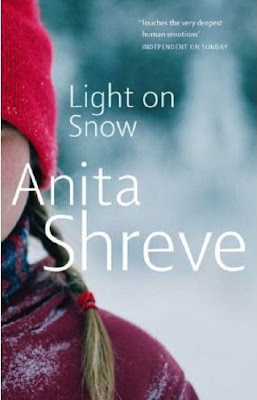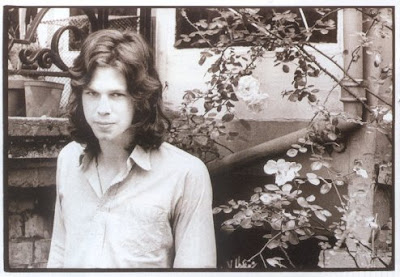
I was lying in bed on a sunny Sunday morning when I heard the Sunday Times land with a thud on the doormat of my flat in southwest London. On the front page there was a small feature which had obviously been inserted at the last minute, reporting that Princess Diana had been seriously injured in a car accident. I thought about her sons and how worried they would be, then got on with reading the rest of the paper.
An hour or so later I turned on the television and heard the news. Once again I thought about her sons and, shamefully, also tried to work out how I could get hold of the Andrew Morton book before any other bookshop beat me to it. Then I got dressed and prepared for my wife's grandmother's 90th birthday party.
I distinctly remember the mood of the people at the party. They were slightly shocked by the news of Diana's death, but regarded it with a sense of detachment and the conversation swiftly moved on to other subjects. That seemed a normal response. I felt sad that her life had ended in such a pointless way but didn't feel a Diana-shaped hole in my life. Any sadness I felt was for the two young princes, who had lost a very loving mother.
When I watched the television that evening a saw the bouquets of flowers and Tony Blair's faintly nauseating 'People's Princess' speech, I felt as if I was an Invasion of the Body Snatchers scenario in which almost everyone else seemed to belong to some sort of movement that had passed me by. Who were these people who travelled miles (some hundreds) to weep and place a thirty quid bunch of flowers in a huge pile? What did Diana mean to them? Why did I feel relatively indifferent?
Perhaps it was because so many people empathised with Diana. Although she was a member of the aristocracy she had the 'common touch' and always seemed an outsider in the Royal Family. But that's only part of the answer - people never took Fergie to their hearts (and I'm sure it's more than a ginger hair issue). Diana had charisma, part of which was her vulnerability, that cut through the social niceties and made people feel that they had a special rapport with her. If you want to be an icon, be vulnerable. It worked for Marilyn Monroe.
Ten years on the Diana industry shows no sign of abating. Like Monroe she will always be young and beautiful, albeit with a dodgy 80s hairstyle.
Prince Harry's speech at today's memorial service was a masterpiece of diplomacy. He paid a glowing tribute to his mother but also subtly implied that the deification of Diana was quite wrong. He also loyally asserted his love for his father, who has been vilified by the Diana movement. The boy will go far.













